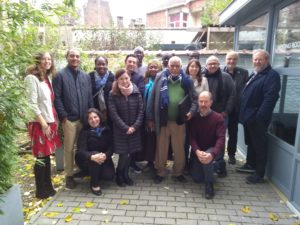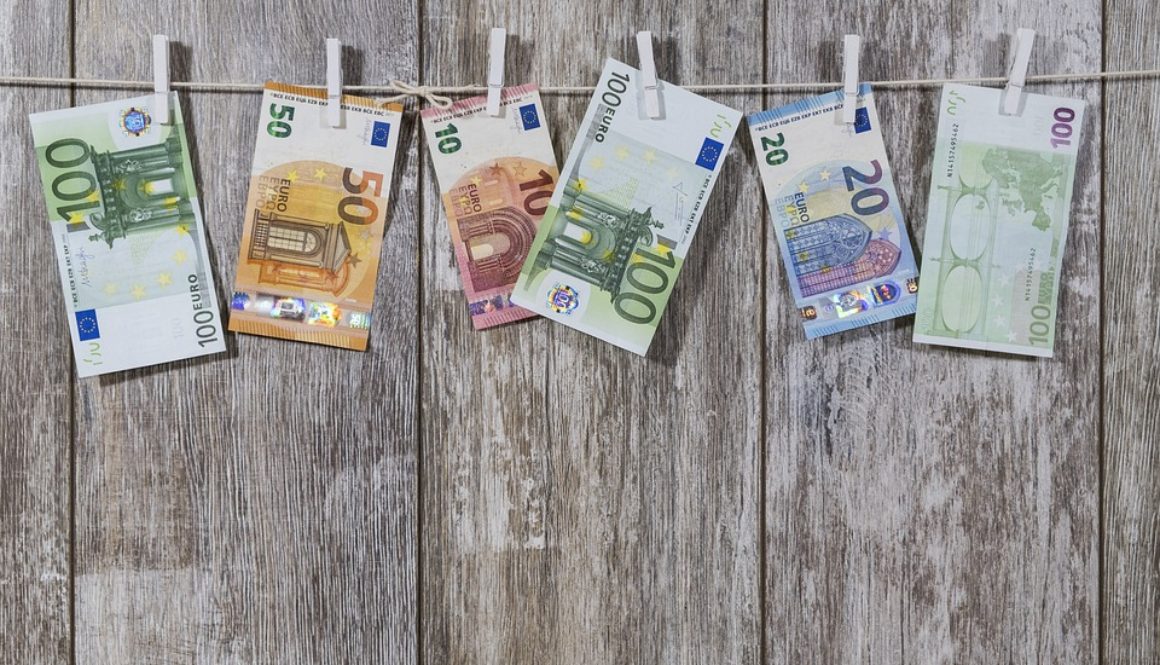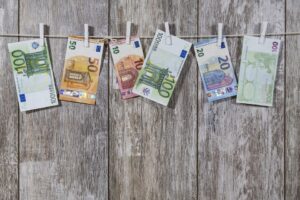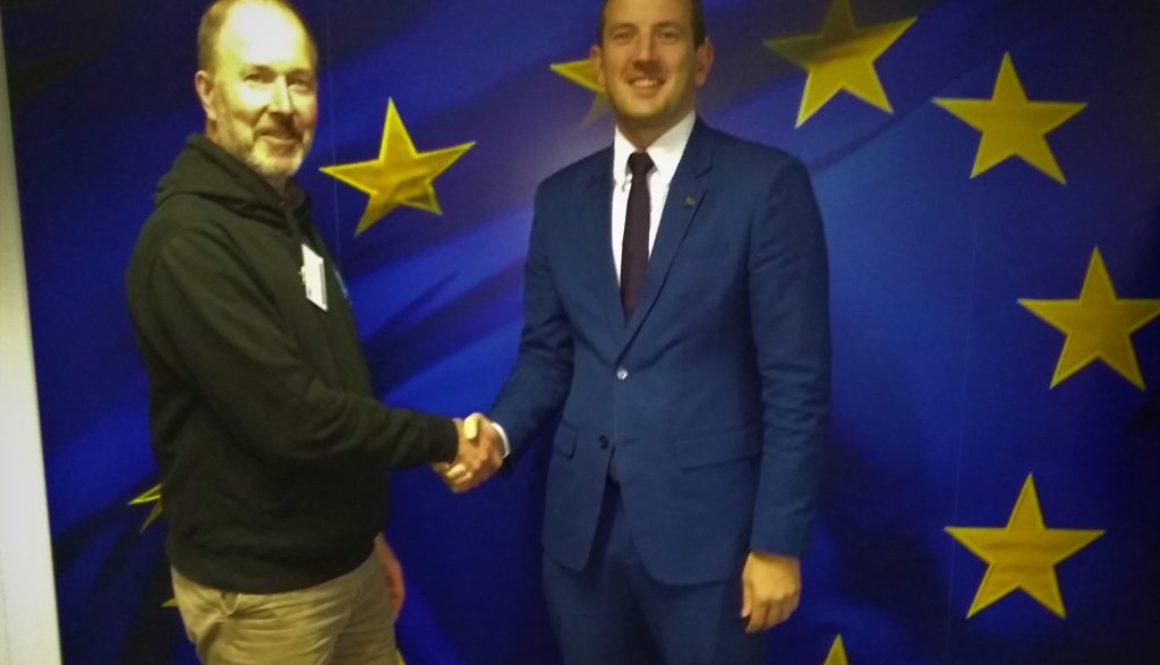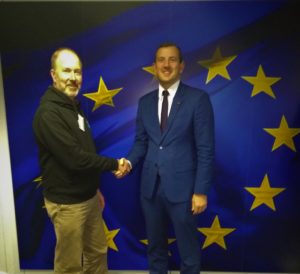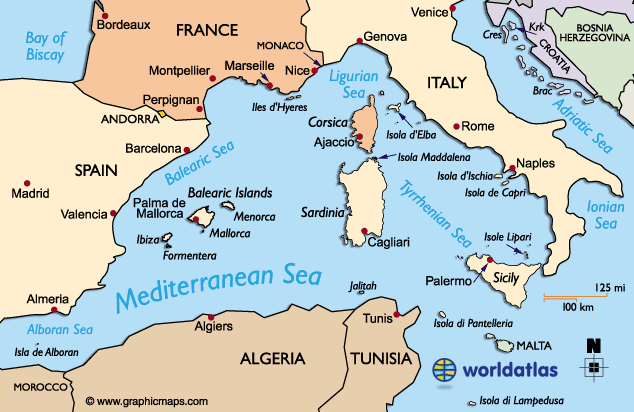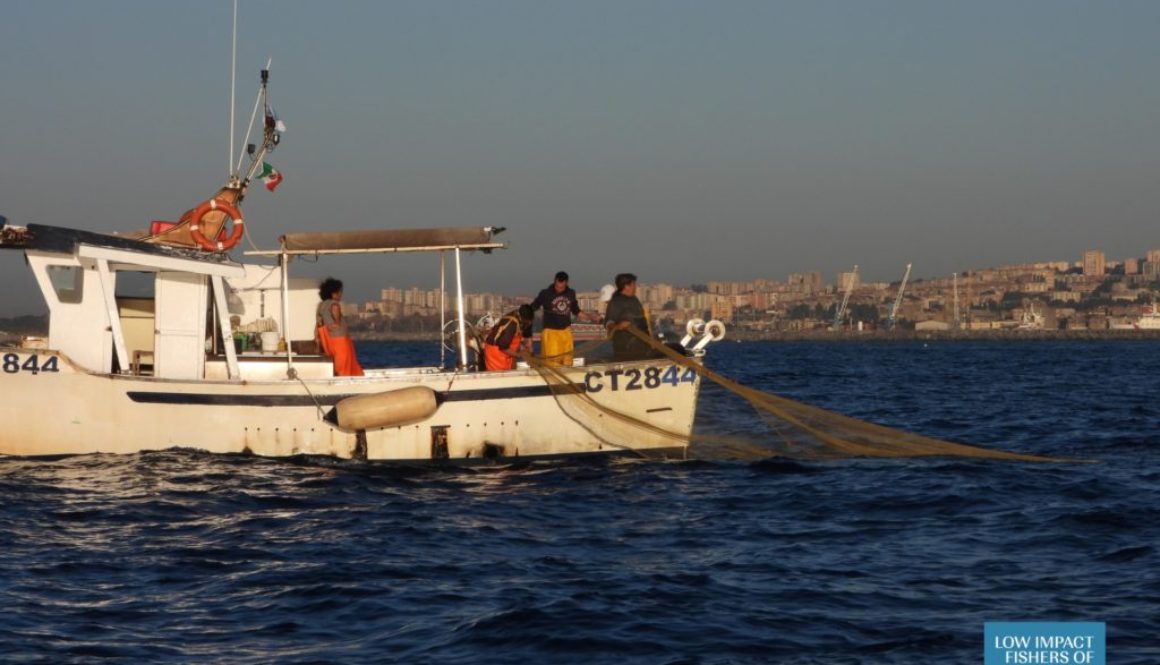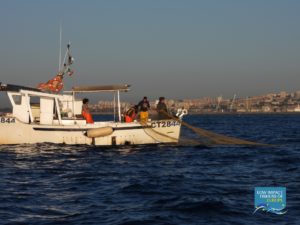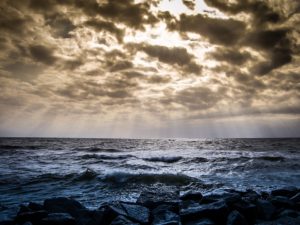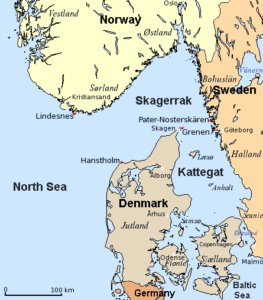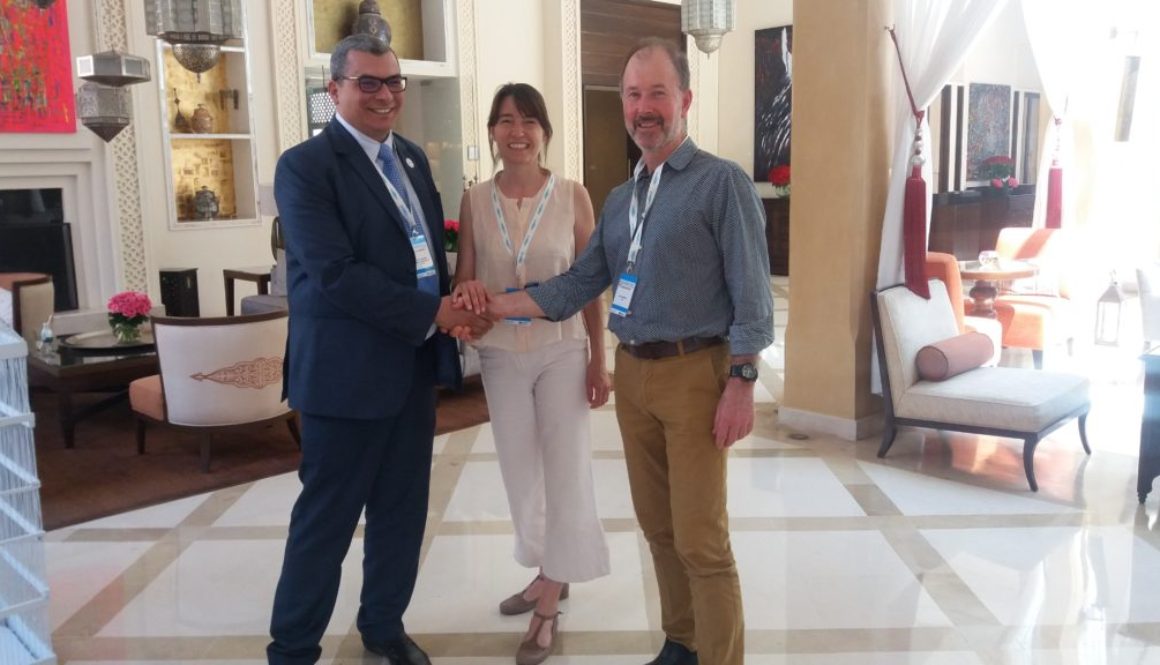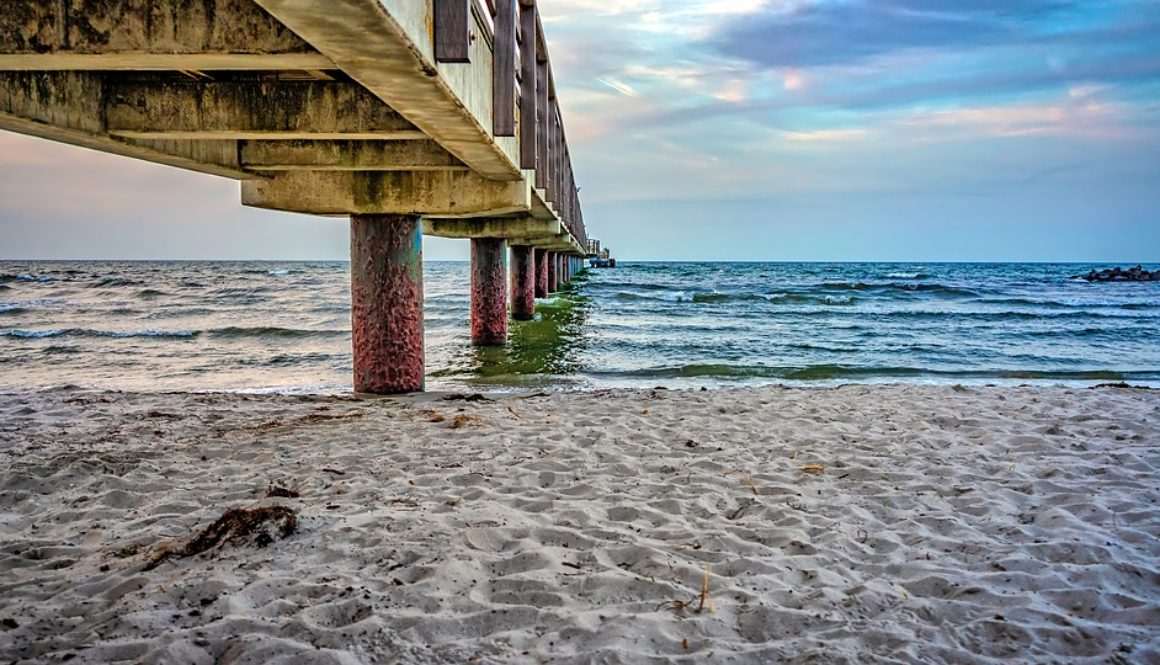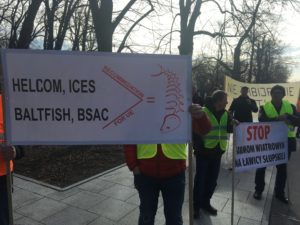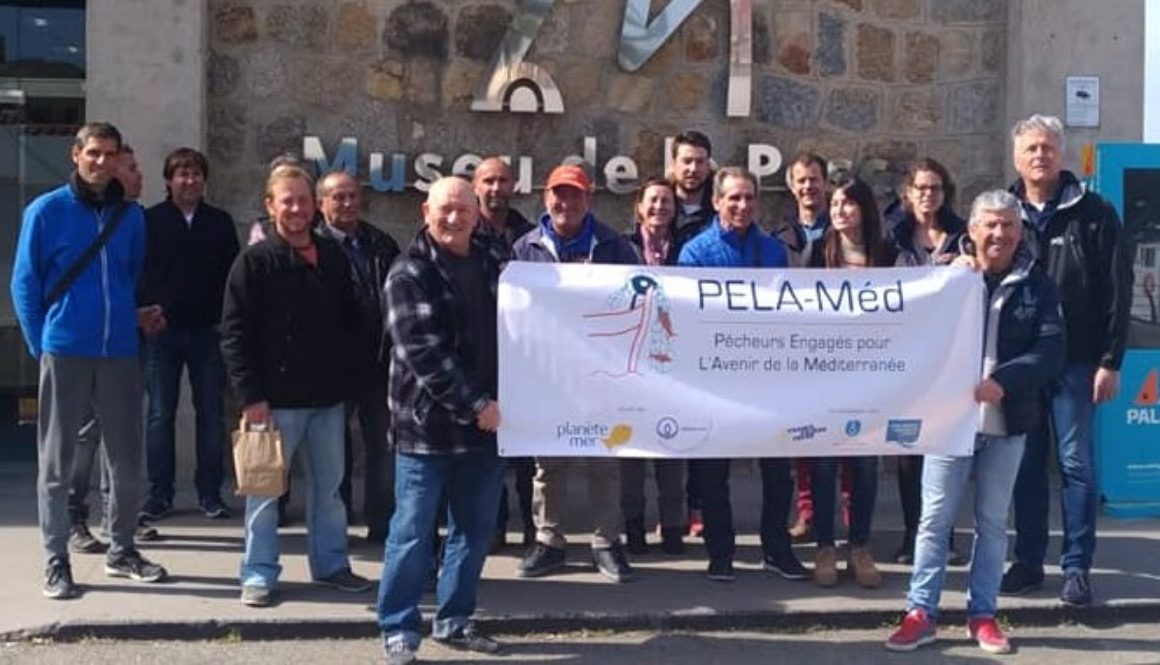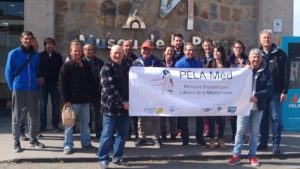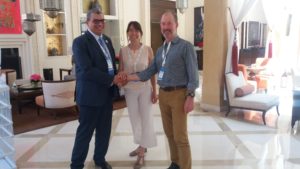
EU and North African small scale fishers join hands with EU Ministers to address common problems in the Mediterranean and Black Sea.
Marrakech, Morocco
12 June 2019
Brian O’Riordan
Today in Marrakech, Morocco, representatives of small-scale fishers from the European Union and North Africa committed themselves to working together to enable Mediterranean small-scale fishers, men and women, to fulfil their roles as guardians of the sea through engagement in the implementation in the Regional Plan of Action (RPOA) on Small-scale Fisheries for the Mediterranean and Black Sea[1].
Within the framework of a formal Memorandum of Understanding the Maghrebian Platform for Small scale Fisheries (PMPA) and the Low Impact Fishers of Europe (LIFE) undertake to:
- Cooperate and promote good governance and best sustainable fishery practices;
- Participate in policy making and decision taking processes in order to reach consensus on management needs and support measures for small scale fisheries;
- Create the necessary policy space to enable small-scale low impact fisheries to flourish, and provide viable livelihoods and decent work for all fishery sector workers and future generations; and
- Develop and implement common projects and initiatives both in support of small-scale low impact fishing and the diversification of activities, supporting both men and women all along the value chain from hook to plate.
With appropriate capacity building, financial and infrastructure support, organizational structures, policies tailored to the needs of the sector, the possibility to share their knowledge, and a dedicated voice in the decisions that affect them, small-scale fishers and fishery workers could make a world of difference in a sea of trouble. The small-scale sector comprises the vast majority of fisheries in the region, with 80% of the vessels by number, employing 60% of the workers, and landing 24% of the catch by value.
Small-scale Fisheries Centre Stage at the High Level Conference
The LIFE and the PMPA have been taking part in the High-level Conference on the MedFish4Ever initiative, organized by the General Fisheries Commission for the Mediterranean and the Black Sea (GFCM), and hosted by the Kingdom of Morocco[2]. The event comes 2 years after Fisheries Ministers from Mediterranean coastal states met in Malta and took a joint pledge to save the Mediterranean fish stocks and protect the region’s ecological and economic wealth under the MedFish4Ever initiative[3].
In opening the conference, and under the shadow of the international day marking the scourge of illegal, undeclared and unreported (IUU) fishing, Madame Zakia Driouich, Secretary General, Maritime Fisheries Department of Morocco, described the Mediterranean as reaching the point of no return – unless joint action is taken now. Small scale fishers are ready to take up the challenge.
In the MedFish4Ever declaration, signed in 2017 in Malta, Ministers made small-scale fisheries a policy priority. They committed themselves to supporting sustainable small-scale fisheries by targeting support to local projects such as fleet upgrade with low-impact techniques and fishing gear, social inclusion and the contribution of fishermen to environmental protection. One year later, again in Malta, these ministers signed a Regional Plan of Action (RPOA) for Small scale Fisheries. The 10-point RPOA establishes objectives, principles and concrete actions that should be applied to ensure the long-term environmental, economic and social sustainability of small-scale fisheries. The RPOA recognizes the important cultural heritage and status of small-scale fisheries in the Mediterranean and the Black Sea. It takes into account their regional specificities, experience, knowledge and contribution to the cultural heritage of local communities.
The MedFish4Ever Declaration and RPOA highlight the need for states and civil society across the Mediterranean and Black Sea region to work together to solve joint problems. The shared nature of the Mediterranean Sea and its resources mean that the problems besetting it can only be resolved through joint commitment and joint action.
Both Fish and Fishers need Protection from the Scourge of IUU
Addressing a session on Social Development and Decent Work at the High Level MedFish4Ever Conference, Yassine Skandrani, General Secretary of the PMPA, highlighted that, “to fulfil their role as Guardians of the Sea, small scale fishers need to be well organized. This requires support for the formation and development of effective professional organizations, social protection, and modernization, including dedicated infrastructure.” The session highlighted that the often-informal nature of the activity, especially the lack of decent working conditions and social protection are the lifeblood of IUU fishing.
According to Marta Cavalle, LIFE’s Coordinator for the Mediterranean and Black Sea, “despite the wealth of knowledge, historical and current, within the sector on the marine environment and the status of fish stocks, the exclusion of small-scale fisheries at the decision making table has led to many misconceptions about the sector. With our North African and other partners, LIFE wants to bring small-scale fishers from the periphery to the centre stage, to build their capacity as agents of positive change, and to join with authorities in the co-management of their fishing grounds and resources”.
The two platforms represent small scale fishers from European Union and North African Countries. Member countries of the PMPA include Tunisia, Morocco, Algeria, and Mauritania. As an organization of organizations, LIFE represents organizations from 15 EU Member States, with members in the Mediterranean countries of Italy, Cyprus, Croatia, France, Spain and Malta.
Small-scale Solutions in Context
The Mediterranean Sea is one of the world’s busiest waterways, accounting for 15 % of global shipping activity, with significant impacts on the environment. The region that borders the Mediterranean is the world’s most popular tourist destination, attracting approximately one third of the world’s international tourists, with tourist arrivals over 4 times the local populations and growing, putting pressure on resources and generating significant pollution. There is also an ever-increasing level of cruise tourism, with unquantified economic, social, environmental, cultural and political effects. These and other impacts, such as from climate change, marine litter, invasive species and petroleum extraction, must also be taken into account when trying to tackle overfishing and related ecosystem impacts.
[1] http://www.fao.org/gfcm/news/detail/en/c/1154586/ ; https://lifeplatform.eu/expectations_med_blacksea/
[2] http://www.fao.org/gfcm/meetings/MedFish4Ever/objectives/en/ ; http://www.fao.org/gfcm/news/detail/en/c/1197298/
[3] https://ec.europa.eu/fisheries/inseparable/en/medfish4ever#quicktabs-medfish4ever=0
